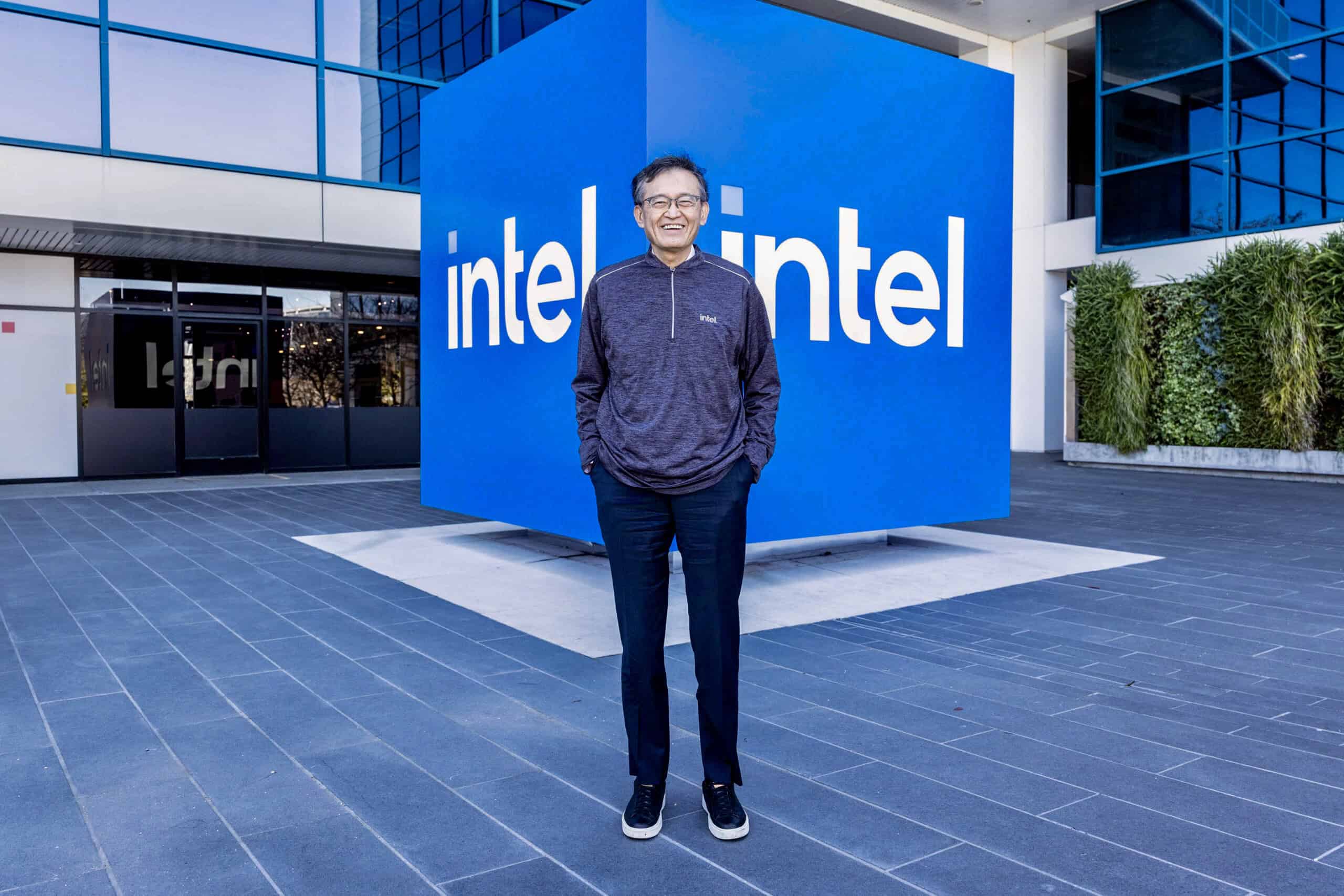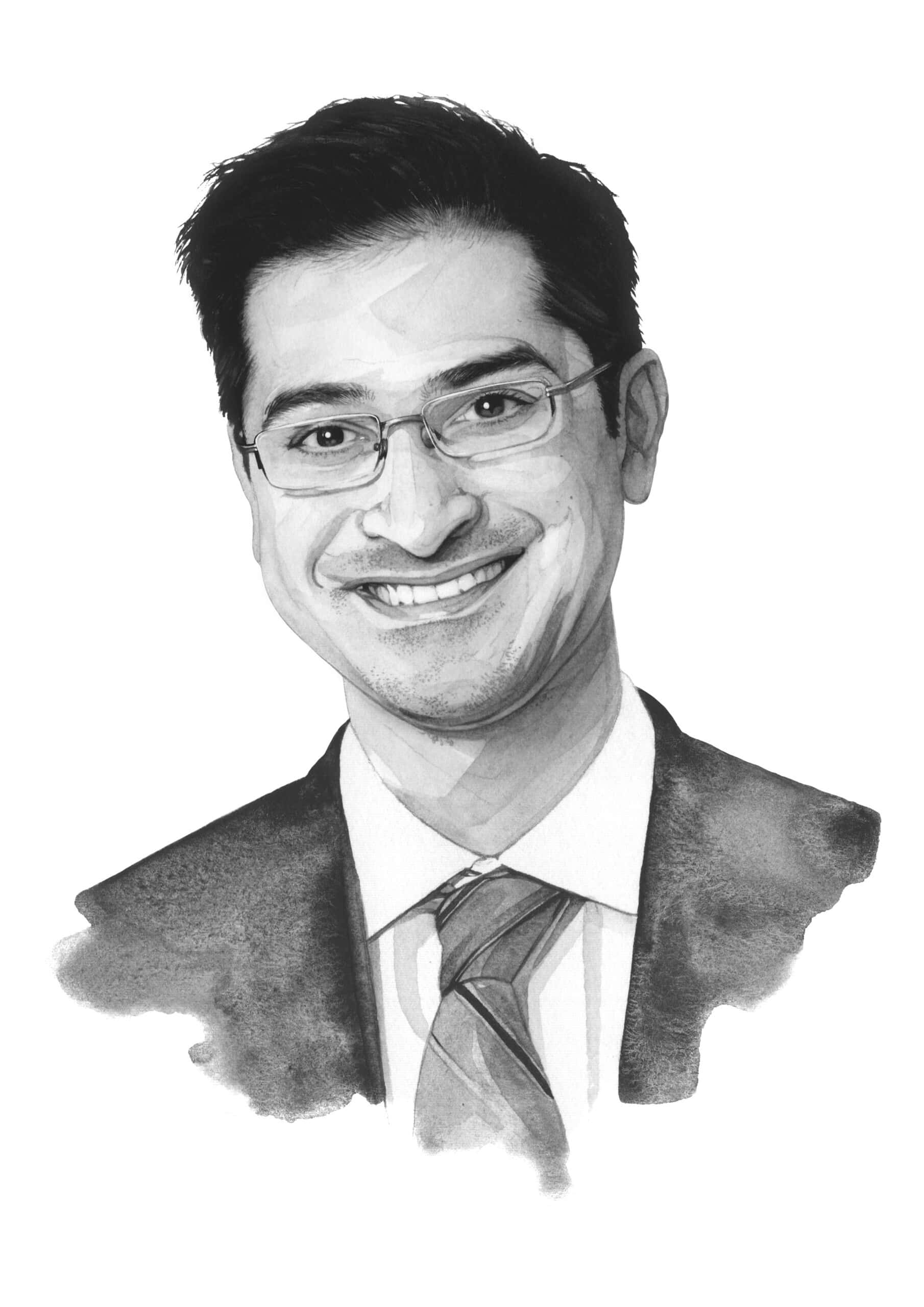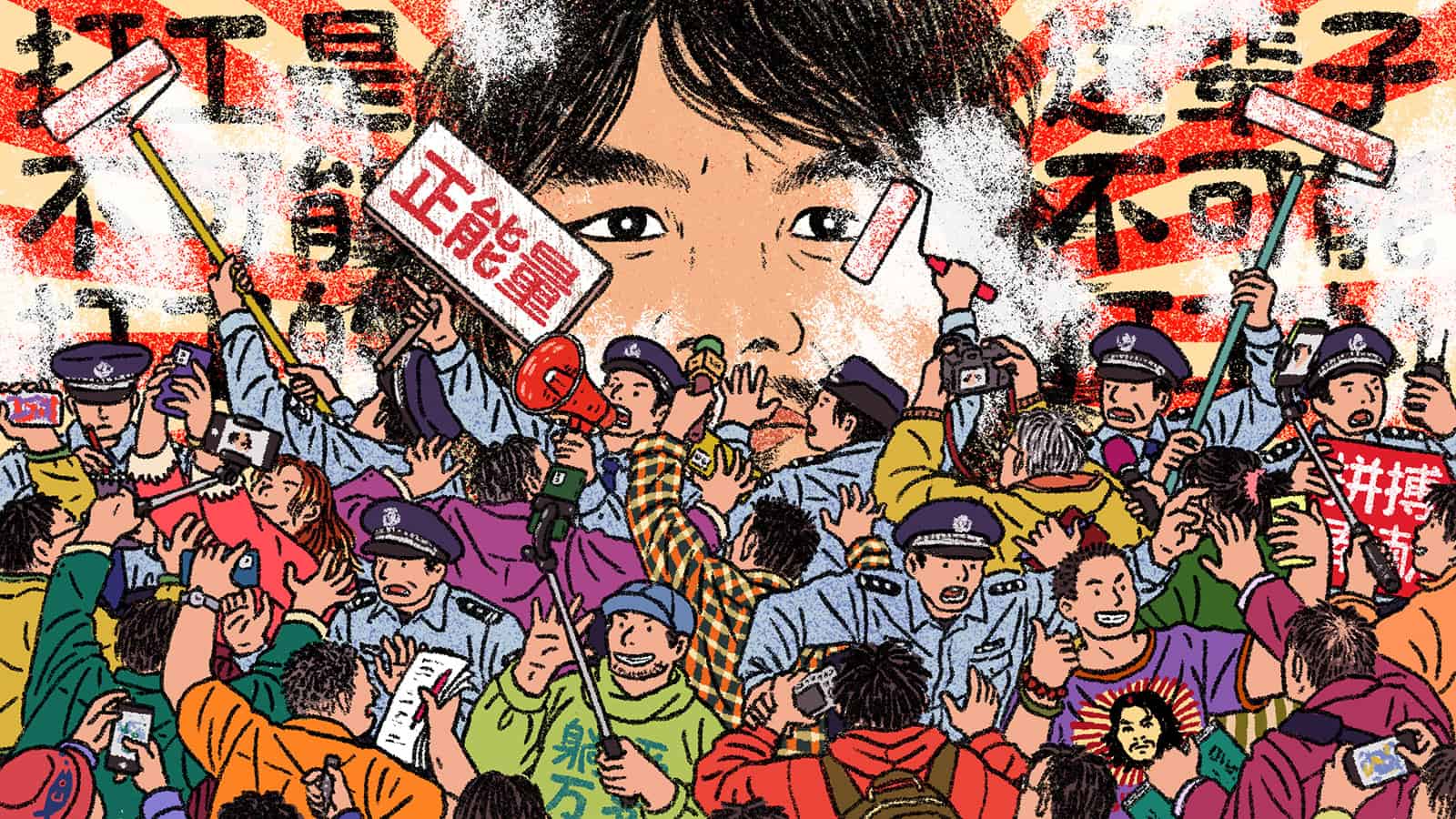Ma Jian is an acclaimed, Chinese-born writer who lives in exile in London. His debut novella, Stick Out Your Tongue, published in 1987, led to the permanent ban on his books being published or sold in China. Since then, he has written four collections of stories, essays and six novels, including Beijing Coma, winner of the Index of Censorship Book Award. After the 2012 publication of The Dark Road, he was barred from visiting China. Ma was born in Qingdao, in northeast China, and early in his ca



